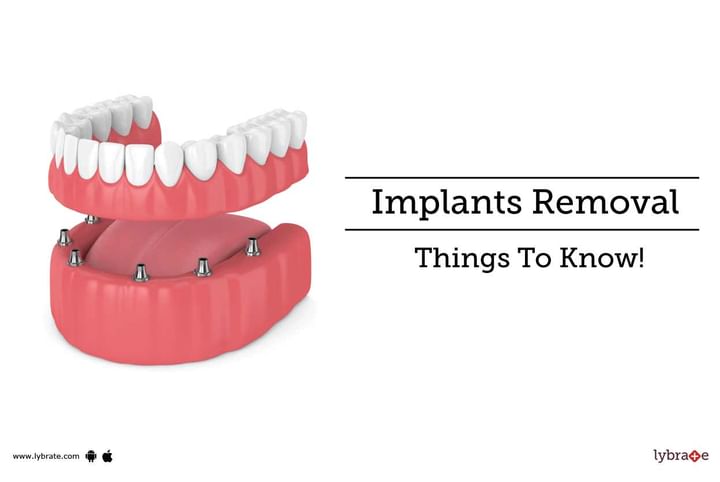Implants Removal - Things To Know!
Implants are used by orthopaedic surgeons for different surgical procedures like repairing a fractured bone or a broken joint or realignment of deformities. While they may not help in healing your bones faster, implants do help to keep them in place during the healing procedure. Some examples of implants are metal plates, screws, pins and metal rods placed inside the bone cavity.
When is implant removal required?
In most cases, implants do not cause any trouble and their removal should never be considered as a routine care. However, you may require an implant removal surgery under the following circumstances:
• Commonest indications for implant removal is the choice of patient. Psychological overlay in the perception of the implants-in-situ, particularly in females is the most common cause
• Pain and irritation at the insertion site due to the metal plates/screws
• Circlage wires, which are malleable wires that are twisted around bones and tied into a knot, can cause skin irritation and pain, specially when they have very less soft tissue cover
• When the implant gets exposed due to improper skin healing
• Implant causing restricted joint movements
• Rubbing of the metal implant underneath the skin
• Grinding sensations around the metal implant due to friction with tendons or bones
• Removing metal plates or a plastic implant can cure the infection in and around the operated area.
• Implants around the knee should preferably be removed as the patient might require a knee replacement later in the life
It can be very difficult to predict if the removal of metal implants will improve symptoms of discomfort. In people who have pain that is clearly caused by the implant, the chance of pain reduction is relatively high. If the pain is more generalized, the chance of resolution is more difficult to predict.
What are the complications of implant removal?
The implant removal procedure is not usually harmful. However, the following complications may arise:
• Infection, nerve injuries, Vascular injuries and reactions to anesthesia.
• Fractures may occur after surgery as the now weakened bone may break.
Follow these tips after an implant removal:
• Take drugs and medication as per doctor’s prescription.
• Maintain the diet provided by the doctors to support the medication already prescribed.
• Do the rehabilitation exercises according to the instructions.
• Protect the surgically operated area from sunlight and pollution.
• Get proper sleep as it promotes faster healing.
• Do not miss the follow-up appointments with your doctor.
The actual process of removing an implant is itself complex. This is especially true of deep implants that have been in place for a long time. Consultation with an experienced orthopaedic surgeon should always be sought to fully determine the benefits, risk, and alternative approaches to implant removal.



+1.svg)
